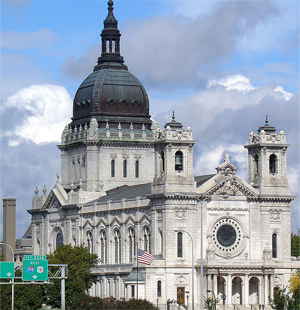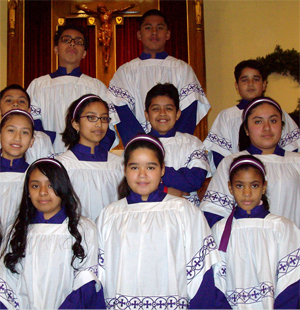
|
|
Biggest challenge:
Weekly attendance at Eucharist
|
Active Programs

Parish Culture Audit
A parish audit examines the strength of Catholic culture in a particular parish. In particular, the audit evaluates the strength of parish activities and programs in the context of the parish’s ambient secular culture. Modest attention is given to the business operation of the parish; greatest attention, however, is given to the array of religious and social activities conducted by the parish.
In order to undertake an audit, the Catholic Education Institute requires some data from the parish. Rather than data restricted to a particular time point, data over at least a few years are required. Ideally, the parish will have data for at least five years for a good number of the following variables: average Sunday Mass attendance, average weekly donations, average daily Mass attendance at various weekday Masses, approximate annual number of confessions, average Sunday Mass attendance for children and young adults, annual registration in the parochial school (if there is one), total participation in religious education, brief job descriptions for parish employees, composition of parish council or any similar group, and a sample of weekly parish bulletins over a five-year period.
Part of the audit involves Dr. Morey and Fr. Piderit visiting the parish on two occasions. During those visits they will have extensive meetings with the pastor and his pastoral team. The approach of the Catholic Education Institute combines two general approaches. The first is the traditional tool of identifying strengths and weaknesses, opportunities and threats (SWOT analysis) for the parish. This traditional tool is applied using the four central components of good religious culture: practices, norms, narratives, and benefits. (See in particular chapter 3 of Renewing Catholic Culture for a more extensive discussion of the role played by practices, norms, narratives, and benefits.)
The total cost for a Parish Cultural Audit is $1,000 plus travel expenses.

